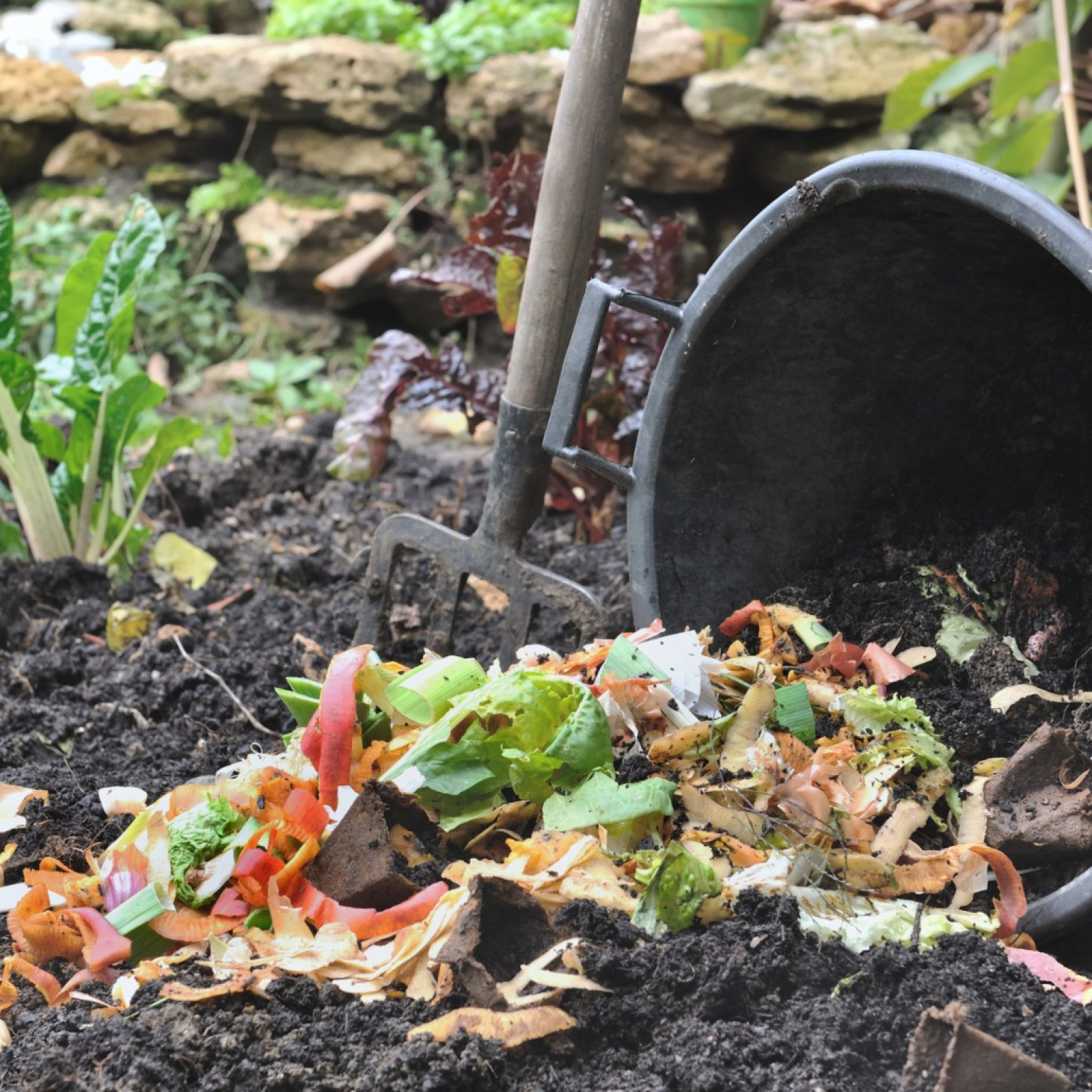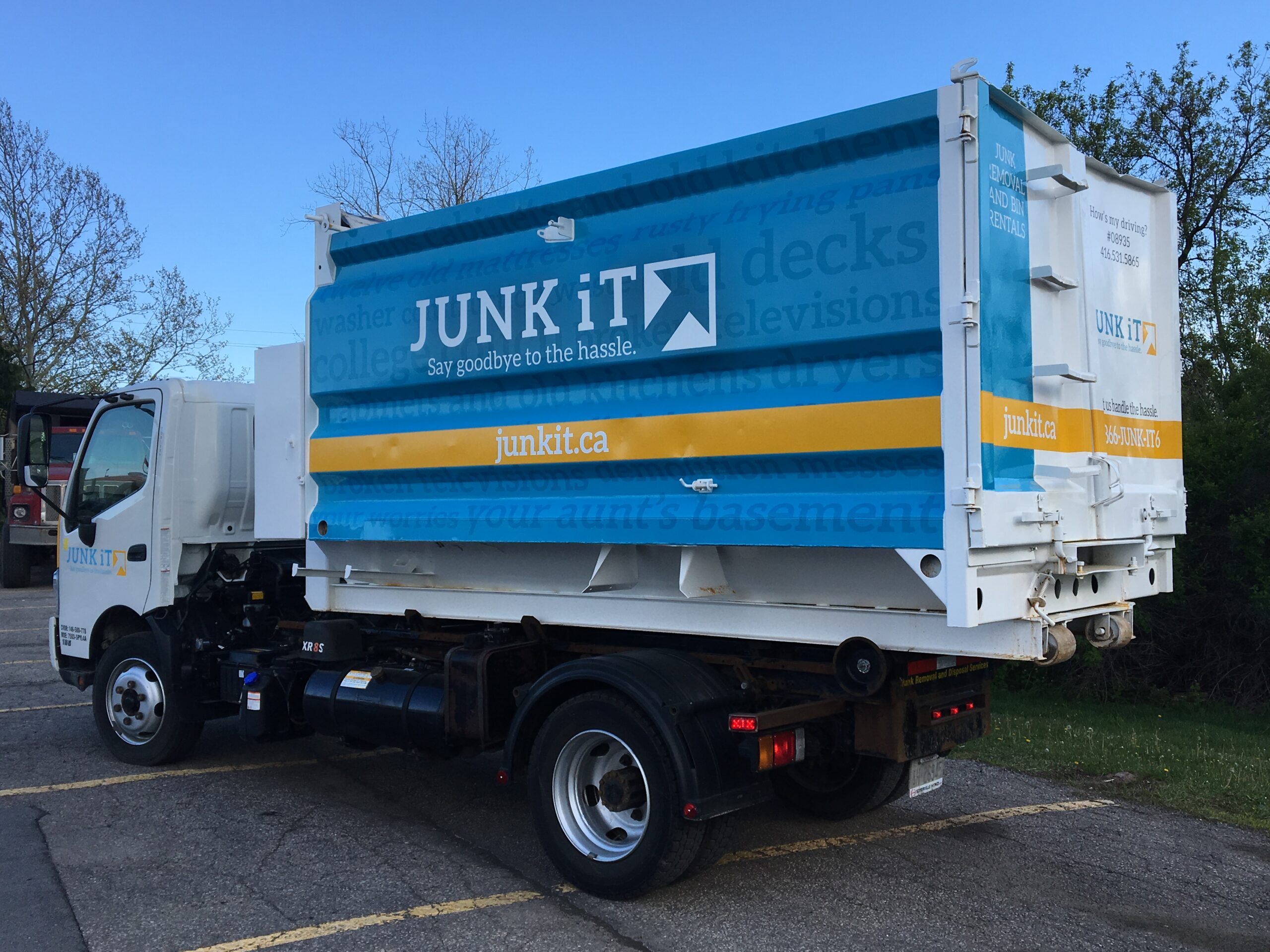Having an organic garden means access to organic fruits or vegetables, but also an organic garden is better for the environment than a standard one. An organic garden means that all parts of taking care of your garden should be environmentally sustainable, which makes the decision to have an organic garden even more appealing to those who want to help save the planet. Whether you’re controlling garden pests, enriching the soil, or tending to the garden, keep an eye out for ways you can reduce waste.
Controlling Pests Naturally
The key to pest control is frequency of treatment, which means that ideally you should be in the garden once a week, or more if time allows.
Weeds: prevention is key, and the trick is to keep a thick layer of mulch on top of the soil so that the seeds of unwanted plants don’t have an opportunity to grow and take root. Whenever your garden is exposed to heavy rain, check to see if the layer of mulch has been washed away, and replenish the layer with fresh, dry mulch to return it to a proper thickness. You can make mulch using grass clippings or leaves collected during autumn.
Bugs: Before resorting to homemade sprays or other organic pesticides, physical barriers can prevent bugs from eating away your precious plants. Plant collars are made from a variety of materials, usually ones that make it difficult for bugs to climb up, and they wrap around the area where the plant stalks extend upwards from the soil. Fine-meshed nets and other traps also work to deter bugs from flying or walking onto your fruits and vegetables. The collars can be made from toilet paper rolls covered in produce bags, or plastic rings cut from yogurt cups while onion or potato bags are fine as mesh coverings.
Make Your Own Compost
Every backyard can be turned into a composting station. A large container, such as an unused garbage bin or food container is best for holding the compost. The bottom of the container must have a number of small holes to allow drainage to flow out and air to flow in. Old food scraps from the kitchen is mixed in with some soil so it can decompose while worms and other helpers from the garden help with breaking down the food. After a few months, you’ll have nutrient rich soil to use for your garden to help your plants grow strong and fast.






